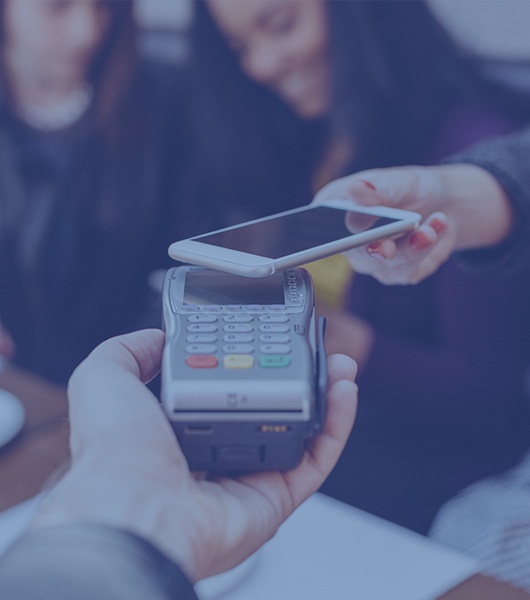Many of our users have been asking us lately what happens to people’s passwords, accounts, and digital assets when they pass away. It is a logical question and raises a very interesting topic about digital and online life, although we understand that it is a delicate one for some people’ sensitivities. We will try to answer it as well as we can in this post.
One thing is clear to us: our time is limited. So, let’s get straight to the point and resolve the two doubts that we are most often asked about:
1- Cryptocurrencies can be left as an inheritance.
2- The digital life of the deceased can change hands, be blocked or deleted.
Just as with tangible property, what happens to them depends on the will of their owner and the regulations to which they are subject, both by the state and the services that host them. In the course of this post, we will go into detail about the different alternatives.
How should you proceed, and can you leave instructions?
You can and, in fact, we recommend that you do so. Just as we are in the habit of locking up what we want to happen to our tangible assets, the same should be done for digital assets. So what happens to these depends on whether the deceased has left a will or digital estate naming successors, and making clear what their wishes are with respect to their online assets and services.
Social networking and online services
In the absence of such a will, access to a deceased person’s accounts is a criminal offence of identity theft. Prior notification of permission to access or manage accounts on which personal information is stored is mandatory; otherwise, access remains illegal regardless of whether the owner is alive or not. Therefore, apart from naming heirs, it is relevant to hand over access information to such services. Google, Microsoft and Apple, for example, grant access or delete accounts with the necessary documentation. Social networks such as Facebook or Instagram similarly allow profiles to be converted into memorials and images to be deleted on request.
Regarding bank accounts…
Banks have the login credentials of their customers. In principle, we do not need the passwords, but it is necessary to go to the bank with the death certificate and last will and testament and, of course, to be named as successor in the will to take control of the accounts. This particular issue is one of the most problematic. Firstly, because there may be several holders and even successors; remember that banks will always protect themselves by making as sure as possible who the right person or persons are before handing over anything.
Whatever the case, we come back to the same thing: you can, and should, leave a plan of action in place. The best thing to do is to do an inventory of your digital assets. Once this is done, leave the will in as much detail as possible. The will or digital inheritance allows you to name the desired persons to manage these assets. The relevant instructions for the transfer of online services and assets, such as passwords, should be detailed and can also be passed on directly to the recipient or to an executor. This step is particularly important in the case of crypto-assets, as passwords would otherwise be lost.
Can crypto-assets be left as inheritance?
Cryptocurrencies can be left as inheritance. It is possible to designate a friend or relative as the successor to your cryptocurrencies in an estate plan. And yes, they are also subject to inheritance tax.
Be warned that cryptoassets, even if given to someone else, are only accessible if you know the wallets and private passwords that hold them. As they are not regulated by any banking institution, there is no other method of accessing them. Although a will may certify someone as the rightful heir to such assets, only the passwords will ultimately give access to them. Therefore, we recommend and remind that the simplest way is to give the successor or an executor the passwords.
As for legal certificates, there are cryptocurrency exchange platforms that accept certificates such as Death and Last Will and Testament certificates. However, we would come to the same problem we insisted on in the previous paragraph: despite all the documents that can accredit someone as an heir, the passwords that protect cryptographic assets are irretrievable if they are lost or forgotten. Therefore, we reiterate our advice that the location and passwords of the assets should be communicated either in person, in the will or to an executor.
In the event that no one has the key, the cryptocurrencies will remain locked in the wallet(s) in which they are held.
Is biometric access lost after the death of the user?
In the case of biometric access methods, the answer is simple: they are lost after the death of the owner. Therefore, access to the accounts they protect is at the expense of the company owning the service, which according to its policy can refuse or grant permission upon request and delivery of the certificates it deems relevant: death, last wills…
Could an action hero or villain use the finger of a deceased person to unlock their mobile phone?
If the fate of the world is at stake, James Bond would not hesitate to do so. You don’t have to go through the morality of action heroes to know that the bad guys, or even ordinary criminals, would do the same to unlock a phone. Fortunately, scanners of this type are capacitive. That is, they are activated by electrical impulses from the finger in question. Also, radio waves do not respond to dead tissue, so the reading can be wrong if you have a callus on your fingertips. So, no, you cannot use a lifeless finger to unlock a biometric reader.
What a relief.








